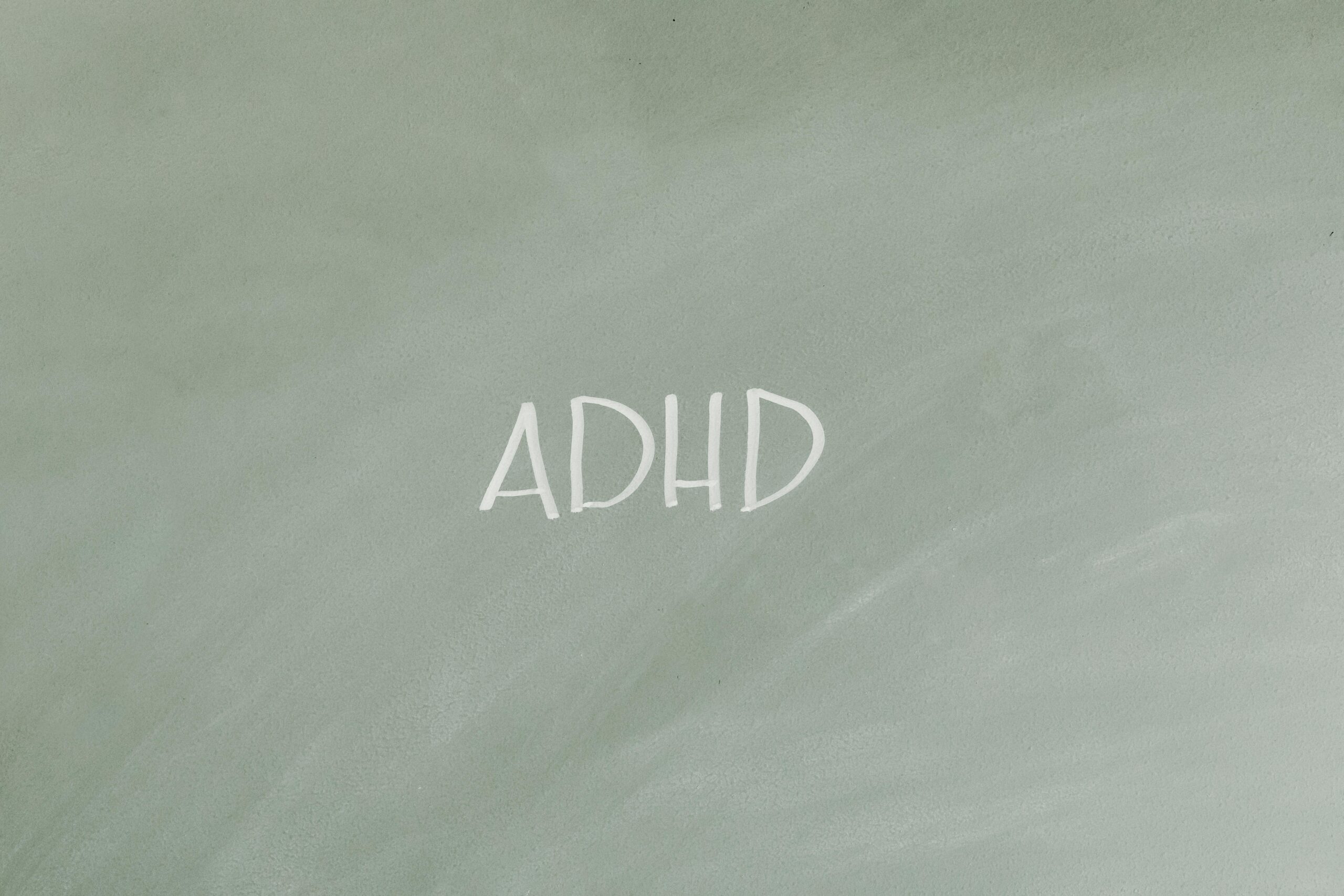Attention-Deficit/Hyperactivity Disorder (ADHD) is one of the most commonly diagnosed neurodevelopmental conditions in children. Yet research and clinical experience show that Black children are often misdiagnosed or underdiagnosed, which can have lasting consequences for their academic, emotional, and social development.
Why Misdiagnosis Happens
Several factors contribute to misdiagnosis of ADHD in Black children:
- Bias in symptom interpretation: Cultural differences in behavior, expression, and communication can be misread by educators and clinicians. For example, high energy or strong-willed behavior may be labeled as “defiant” rather than recognized as potential ADHD.
- Limited access to culturally competent evaluation: Not all schools or healthcare providers are trained to identify ADHD in ways that consider cultural context and systemic inequities.
- Stereotypes and systemic racism: Black children are more likely to face harsh disciplinary actions, which can overshadow a careful assessment for ADHD.
The Consequences
Misdiagnosis—or missing a diagnosis altogether—can lead to:
- Academic struggles and frustration
- Emotional distress, including anxiety or low self-esteem
- Strained relationships with teachers, peers, and family
- Reduced access to supportive interventions that could improve focus, organization, and behavior
Supporting Black Children with ADHD
- Early and thorough assessment: Ensure evaluations include multiple sources of information—parents, teachers, and clinicians—and consider cultural context.
- Culturally competent care: Seek providers who are trained in understanding how ADHD presents across diverse populations.
- Advocacy in schools: Encourage individualized education plans (IEPs) or 504 plans that address specific learning and attention needs.
- Supportive home environment: Parents and caregivers can provide structure, positive reinforcement, and consistent routines.
- Mental health support: Therapy or coaching can help children build coping skills, manage emotions, and strengthen self-confidence.
Final Thoughts
Recognizing and addressing ADHD in Black children requires awareness, cultural humility, and advocacy. By focusing on equitable assessment and support, we can help children reach their full potential, reduce unnecessary disciplinary actions, and improve long-term mental health outcomes. Reach out to Soul Sprout Mindful Care for additional support navigating ADHD symptoms.


Leave a Reply